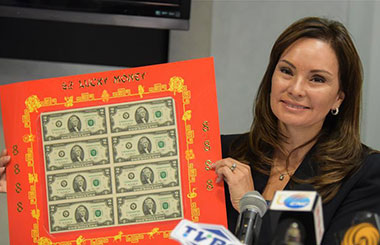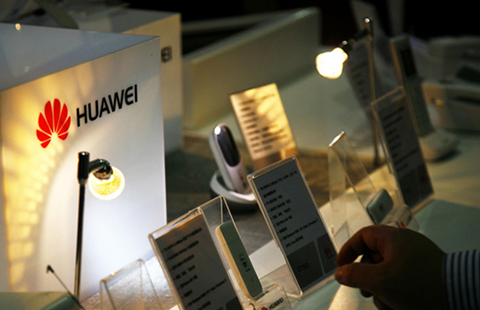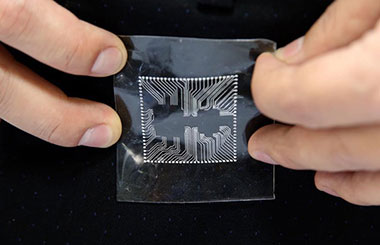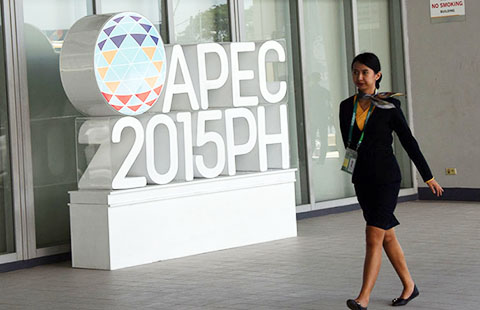China companies vie for German waste management firm: sources
(Agencies) Updated: 2015-11-18 13:05To ease the problem, China aims to convert 30 percent of its rubbish to electricity by 2030, up from less than 5 percent now. However, plans to build waste-to-energy power plants have routinely been opposed by residents alarmed at pollution risks.
EEW has long-term contracts for accepting waste and for delivering energy, process steam and heat. Like grids or pipelines, it generates stable returns, making it attractive to waste management companies.
EQT hired Morgan Stanley to run the sale process and the asset is being heavily marketed in Asia, the people said.
Beijing Enterprises, Beijing Capital and China Everbright are working with international banks on the deal, the people added. Last year, Beijing Capital paid almost $800 million to buy New Zealand's biggest waste management firm.
Separately, German utility Steag and Macquarie Group's infrastructure arm have put in a joint bid, as have several infrastructure groups, the people added.
EQT, Steag, Macquarie, Morgan Stanley and China Everbright International declined to comment. Beijing Enterprises was not available for comment, while Beijing Capital Group did not provide an immediate response.
EEW has a 17 percent market share in Germany and operates around 20 plants, with two-thirds of its sales coming from accepting garbage and the rest from selling energy.
About 10 percent of the waste is imported from other countries, mainly the United Kingdom. In 2015, EEW is expected to post earnings before interest, taxes, depreciation, and amortization of 180 million euros, the sources said.
- Chinese banks' net forex sales narrow in October
- Russia's YotaPhone expects ringing market endorsement
- Foxconn strides into financial service business
- China companies vie for German waste management firm: sources
- China's property market sees weaker price increases
- Shanghai-HK Stock Connect steady in first year
- Chinese company challenges Obama administration in American way
- CASS-RDI project delegation visits Indonesia















